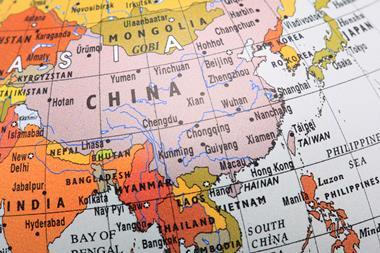Product recalls are the stuff of commercial nightmare, but businesses can take several steps to handle the situation well
E uropean manufacturers may see product recalls as rare events but, says Zurich Global Corporate chief underwriting officer Patrick Amschwand, “Companies that don’t take it into account are in danger of not even living to regret it.”
Theory
Changes to how goods are produced – outsourcing to countries such as China, the largest source of defective products – and stricter standards in developed markets have introduced more challenges. Recalls don’t just cost money, they can have a big impact on brand and reputation too. Handling a major recall well minimises its impact on costs and reputation. Here are some strategies that can be of value in minimising the likelihood of a recall.
Practice
1 Good risk management is an essential ingredient
This includes product safety controls, personnel training, auditing suppliers and rigorous testing processes at all stages of product development and production.
2 learn to communicate effectively with the media and all stakeholders
The media is quick to judge how a firm deals with a crisis, so managers must be able to communicate well with the media and other stakeholders. A properly prepared crisis management plan and an established recall management team are essential.
3 companies must have rigorous contractual controls
Contracts with suppliers ensure businesses can pass the risk back if a supplier’s components have caused the problem.
4 all global production areas should have consistent quality and control standards
Organisations that push their suppliers to agree to very low prices might need to take more action on ensuring quality control, as those suppliers may try to cut corners.
5 companies should Limit batch sizes and identify defective products swiftly
If companies reduce the quantities of products in each batch, they can identify affected products more easily and limit the impact. Efficient order and product tracking systems are equally essential.
6 Businesses selling direct to the public may benefit from using loyalty cards
Sainsbury’s head of insurance and risk management Paul Howard says: “Loyalty card data can be valuable in identifying people who have bought a particular product, rather than relying on adverts and notifications.” SR
For more information: Product Recall Executive Report



















